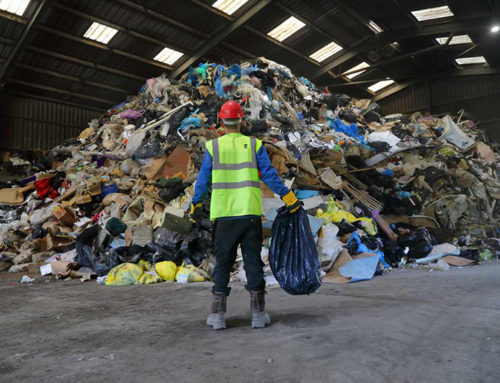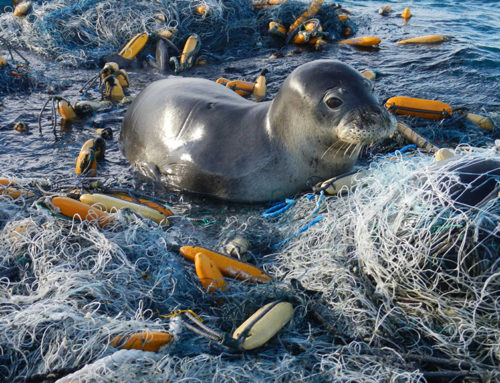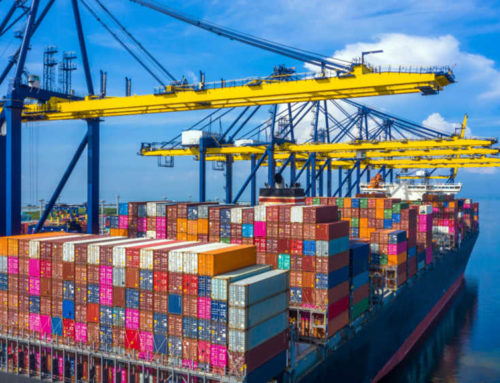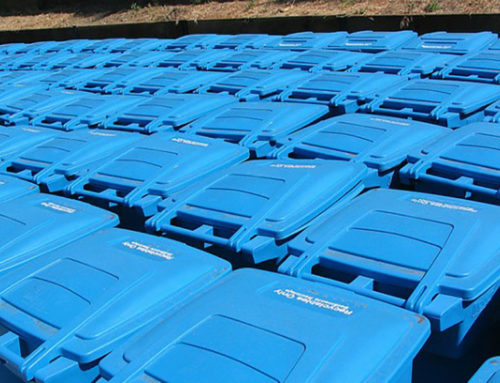The world is on the brink of a plastic waste catastrophe, with experts warning that the planet will be “unable to cope” with the escalating crisis within a decade unless decisive measures are taken to curb production. This stark warning comes as global leaders prepare for a pivotal round of UN negotiations aimed at securing the first global treaty to tackle plastic pollution.
Anne Beathe Tvinnereim, Norway’s minister for international development and co-chair of a coalition of over 60 “high ambition” nations, has sounded the alarm ahead of the talks in Busan, South Korea. Representing countries led by Rwanda and Norway, the coalition is advocating for a comprehensive approach to addressing plastic pollution across its entire lifecycle, with a particular focus on reducing production—a stance that has faced significant resistance.
“We won’t achieve a perfect treaty, but we need to make progress,” said Tvinnereim. “I choose to remain hopeful. The world desperately needs leadership and positive steps forward.”
The Scale of the Plastic Pollution Problem
Recent studies have underscored the urgency of the crisis. Microplastics have been found in human placentas, arteries, and even reproductive tissues, raising alarms about potential health risks. The plastics crisis is increasingly recognized as a triple threat—to human health, biodiversity, and the climate.
Global plastic use is projected to triple by 2060, driven largely by rising consumption in sub-Saharan Africa and Asia. Correspondingly, plastic waste is also expected to triple, with half of it ending up in landfills and less than 20% being recycled. Without action, the mounting waste will outpace the world’s capacity to manage it, leading to devastating environmental and societal consequences.
Divided Paths to a Solution
Two years after 175 nations agreed to negotiate a legally binding treaty to address the full lifecycle of plastics, deep divisions remain. At the heart of the impasse is the $712 billion plastics industry, with plastic-producing countries resisting production cuts. The April negotiation round failed to secure agreement on critical production targets.
The upcoming talks in Busan, running from December 18 to December 1, are seen as the last opportunity to establish meaningful progress. “Increased recycling and better waste management are essential,” Tvinnereim emphasized. “But without reductions in production and consumption, the system will collapse under its own weight in 10 years.”
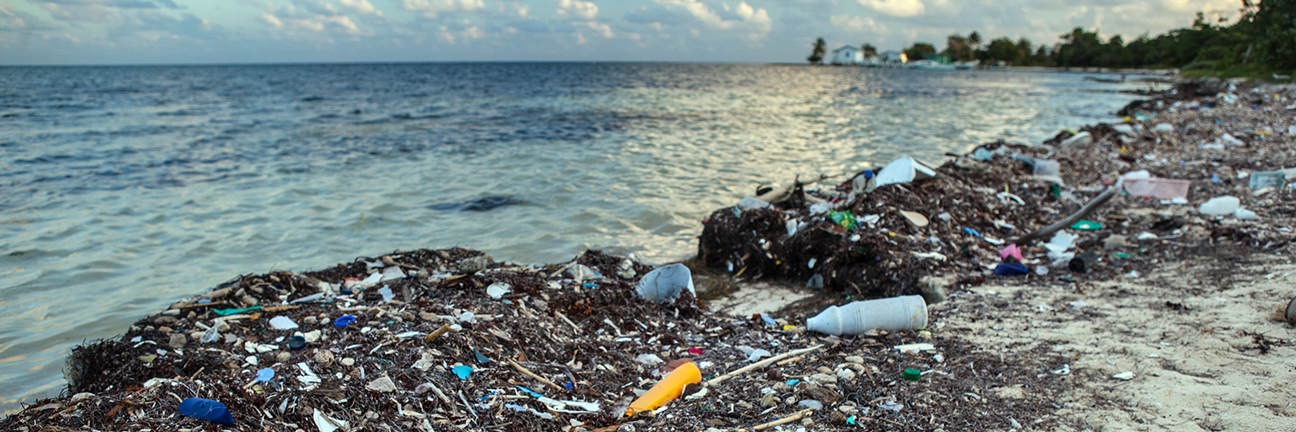
A Call for Global Leadership
An agreement to phase out certain single-use plastics and ban hazardous chemicals—particularly in food packaging and children’s toys—is seen as an achievable goal. Many countries have already implemented such bans unilaterally. However, resistance from nations with significant fossil fuel interests, such as Saudi Arabia, Russia, and Iran, has shifted the focus toward waste management instead of production cuts.
Developing countries, disproportionately burdened by the consequences of plastic overproduction, are pressing for global reductions in production. “These countries have inadequate waste management systems and are overwhelmed by plastic imports,” Tvinnereim noted. “Global cuts are essential to address the root of the problem.”
The Role of Key Players
The position of the United States, one of the world’s largest plastic producers, adds another layer of complexity. While the U.S. has signaled potential support for production curbs, the prospect of Donald Trump’s return to the presidency in January—with his staunch advocacy for fossil fuels—has cast doubt over the country’s long-term commitment.
Tvinnereim remains hopeful that both the U.S. and China could demonstrate leadership. “The U.S. would be very welcome to join the coalition,” she said. A negotiator from a high-ambition nation added, “If China steps up, as they have in other areas, there is a real chance for success. Without their support, it will be incredibly challenging.”
A Critical Juncture
As the deadline for negotiations approaches, the stakes could not be higher. The Busan talks represent a make-or-break moment for global efforts to curb plastic pollution. For Tvinnereim and the coalition of high-ambition countries, the message is clear: only bold, collective action can prevent the world from drowning in its own waste. “This is a crisis that demands urgent leadership and collaboration. The time to act is now.”


